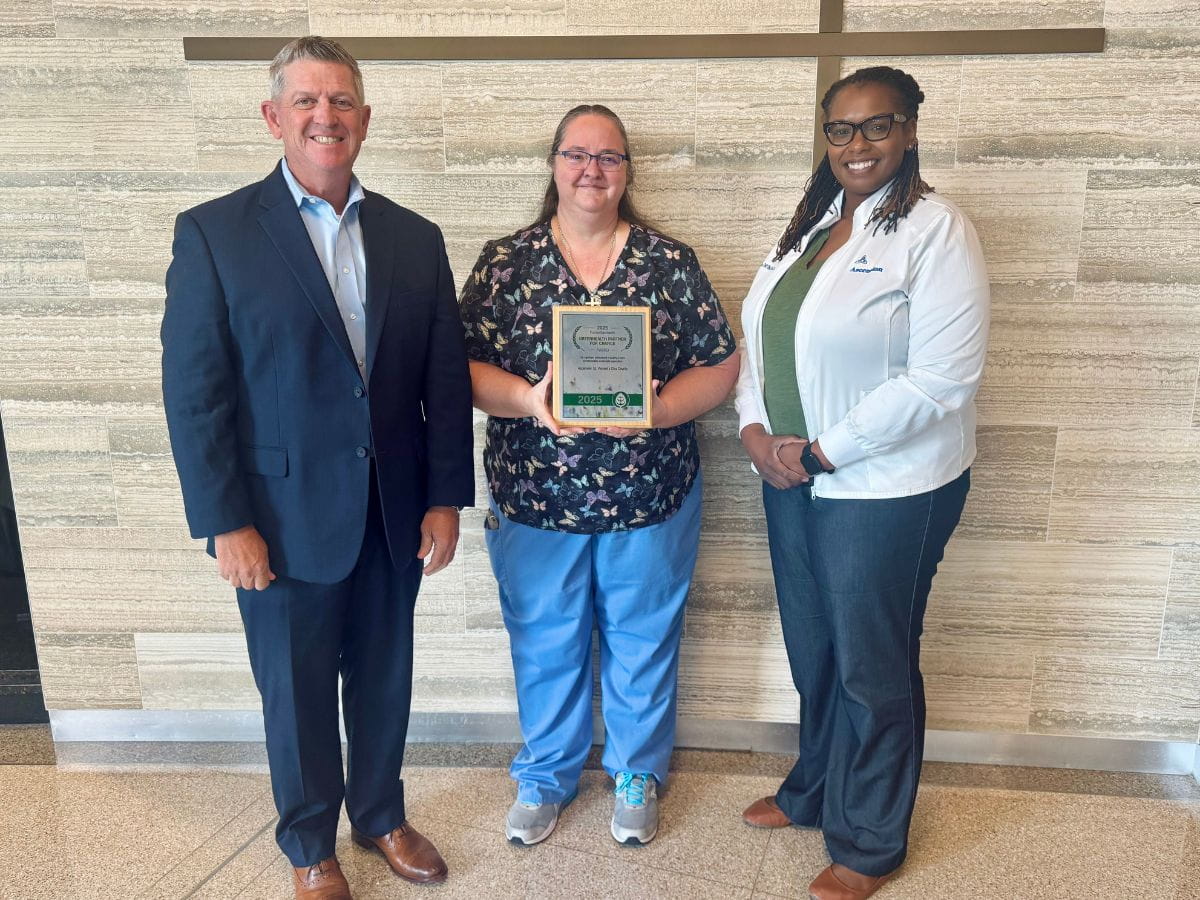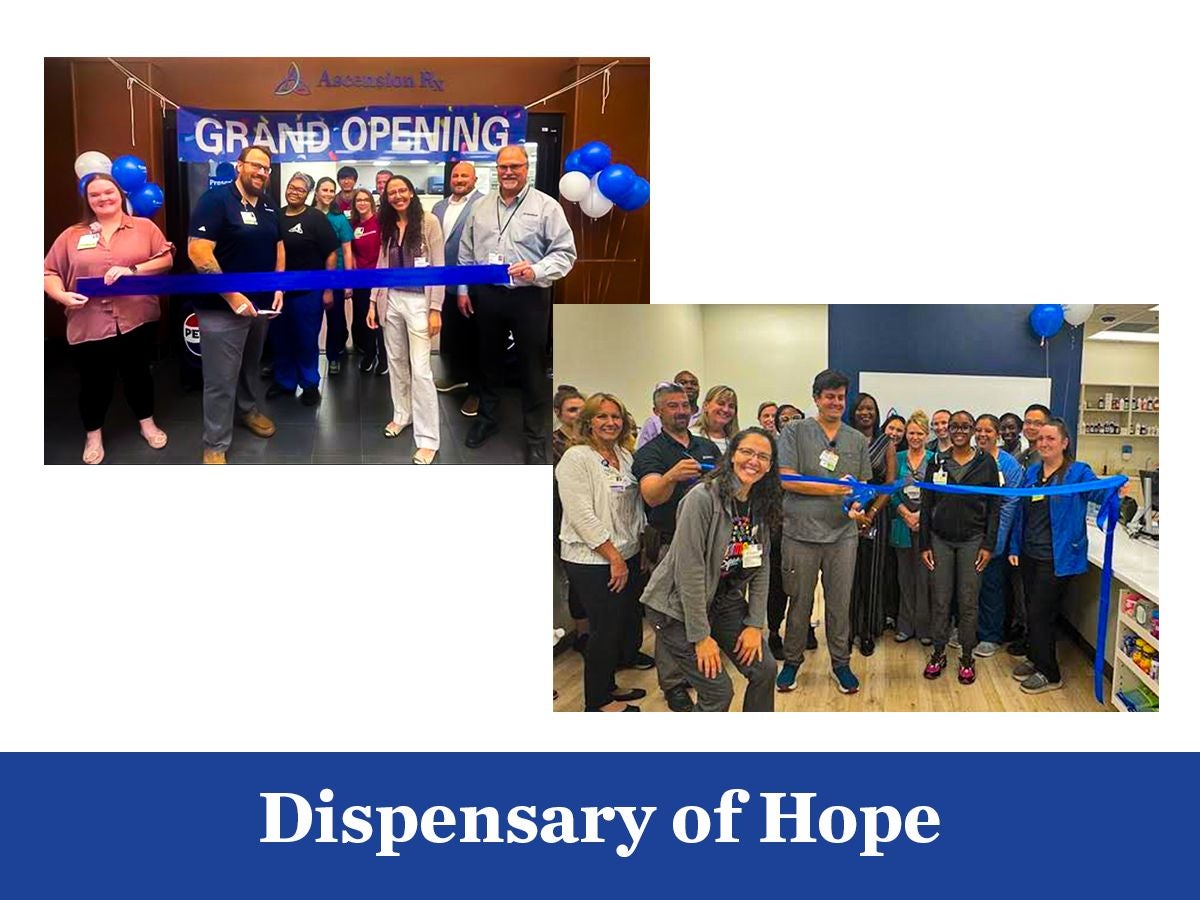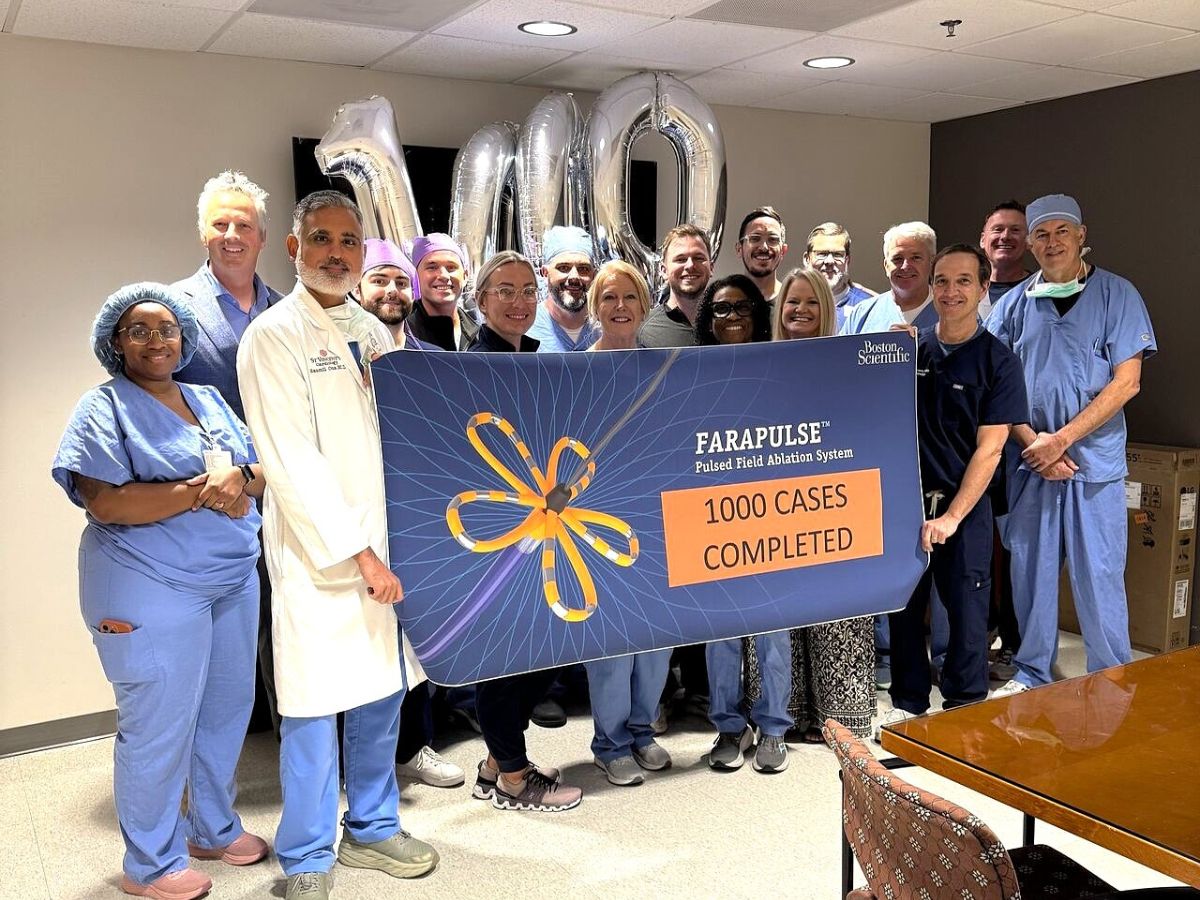Ascension St. Vincent’s Riverside is actively conducting a clinical trial that aims to provide a long-term solution for weight maintenance through a novel outpatient endoscopic procedure that targets the lining of the small intestine.
While injectable weight loss medications, like GLP-1s, have aided millions in achieving significant weight loss, maintaining these results often requires lifelong use. Many patients stop usage because of cost, side effects or personal choice, which often causes them to regain weight.
The REMAIN-1 study addresses this challenge by enrolling individuals with clinical obesity who have utilized GLP-1 based medications and wish to maintain their weight loss through non-drug procedures.
St. Vincent’s Riverside serves as a national hub for this clinical trial, which evaluates the effectiveness of duodenal mucosal resurfacing (DMR) in preventing weight regain after stopping GLP-1 medications. Previously conducted clinical studies have shown that treating the small intestine (duodenum) with the Revita System may lead to long-term improvements in weight and blood-sugar control in people who have type 2 diabetes.
“We are committed to providing the community with first-line access to promising new breakthroughs in disease prevention and treatment,” said Scott Kashman, President and CEO of St. Vincent’s Riverside. “These advancements are crucial in enhancing medical care and paving the way for more effective treatments for diseases like diabetes.”
“We are excited to be part of the REMAIN-1 study and to offer this procedure to our patients,” said Dr. Ali Lankarani, the Principal Investigator Gastroenterologist with Borland Groover at St. Vincent’s Riverside. “With the start of this clinical trial, we aim to provide solutions for patients who either need to stop or wish to stop injectable weight loss medications like GLP-1 therapy.”
Patients participating in the REMAIN-1 study will undergo the procedure at St. Vincent’s Riverside.




